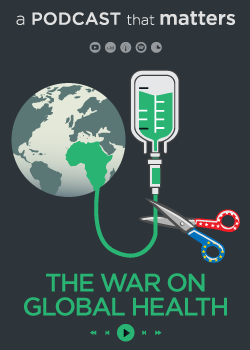Print

Sustainable Development Programme in the Region of Kidal (DDRK)
Details
Locations:Mali
Start Date:Oct 1, 1999
End Date:Aug 31, 2004
Contract value: EUR 4,718,748
Sectors: Inst. Devt. & Cap. building, Programme & Resource Management, Social Development, Training
Description
Detailed description of project
The DDRK programme aims at triggering off a sustainable development process in the Kidal region. The region of Kidal is a vast desertic area of 260.000 km2, situated in the north of the country bordering Algeria and Niger, and populated mainly by (semi-) nomadic Touaregs. The region is characterised by an extreme scarcity of natural resources.
The overall objective of the programme is to contribute to a sustainable improvement of the living conditions of the population and to contribute to the process of stabilisation, in the aftermath of the rebellion of the early nineties.
The integrated programme covers 4 main components, with the following specific objectives:
-to increase access to perennial and secured water resources, adapted to the local conditions
-to improve livestock breeding conditions and animal health
-to develop and strengthen the commercialisation of livestock and animal products
-to improve the socio-economic and social conditions of the population.
The project is based on a strong participatory approach, involving both institutional partners and beneficiaries at every stage of its implementation, and contributes to the process of decentralisation instituted recently in the country.
Type of service provided
Technical assistance
Technical Assistance is being provided in the following areas:
-set-up of the PMU structure, overall project management
-studies and GIS; infrastructure works (drilling, wells, dams, solar pumps)
-support to the training of auxiliary-veterinary & training of trainers; setting up of a veterinary practice in Kidal; information campaigns; procurement of equipment etc.
-setting up and management of a micro-credit scheme and rural finance programme; marketing, group strengthening and training; construction and rehabilitation of slaughterhouse
-construction and/or rehabilitation of social infrastructures (schools, health centres, youth centre…), improvement of primary healthcare services, support to income generating activities for women, setting-up waste management services
-institutional strengthening and capacity building of local development partners, training, seminars.
